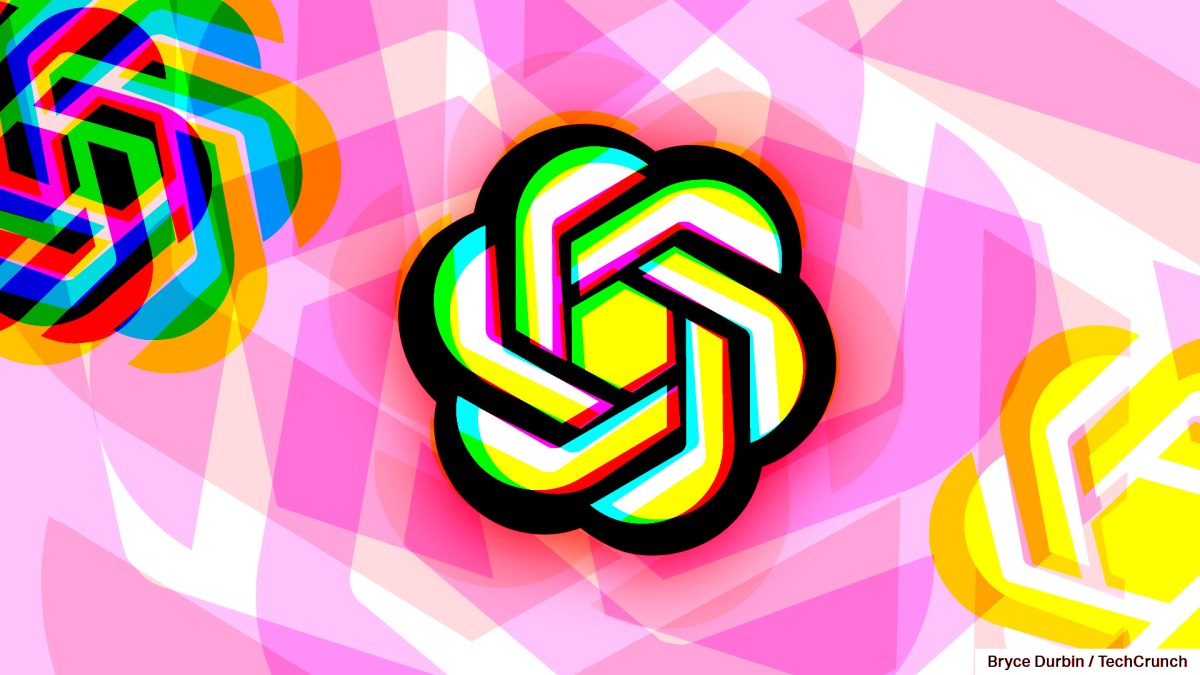Subscribers to OpenAI’s ChatGPT Pro and Plus plans will get access to Sora, OpenAI’s video generator, starting today — but only if they live in certain countries.
During a livestream Monday afternoon, OpenAI revealed key information about Sora, including technical details. The version launching today, called Sora Turbo, can generate clips between 5 seconds and 20 seconds in length in a range of different aspect ratios and resolutions.
According to video blogger Marcus Brownlee, who got an early preview of the features, Sora can create videos from a text prompt or image and edit existing videos via a Re-mix tool. A Storyboard interface lets users create sequences of videos, while a Blend tool takes two videos and creates a new one that preserves elements of both.
day 3 -✨sora
rolling out starting today at https://t.co/9chu6jWk9w. have fun! pic.twitter.com/m2OrZef7Zy
— shyamal (@shyamalanadkat) December 9, 2024
Credits are required to generate videos with Sora, with the amount varying depending on the resolution and duration. ChatGPT Plus and Pro plans provide 1,000 and 10,000 credits, respectively, which reset monthly without rollovers.
480p videos generated with Sora cost 20 to 150 credits, 720p videos cost 30 to 540 credits, and 1080p videos cost 100 to 2,000 credits. Pricing gets a bit convoluted beyond that.
ChatGPT Plus plans include 1,000 credits for up to 50 “priority videos” (that is, videos that generate quickly) at 720p and 5 seconds, while Pro plans include 10,000 credits for up to 500 priority videos at 1080p and 20 seconds. Pro also includes unlimited “relaxed” — i.e., low-priority — videos without watermarks. By default, Sora videos are watermarked with a visual indicator in the lower-right-hand corner.
Credits reset monthly at midnight, don’t roll over, and expire at the end of each billing cycle.
sora is launching today to all chatgpt pro and plus users!
it’s been a big effort to make this possible + i think the product is really fun & intuitive.
my fav thing to do is generate fake historical found footage. video inpainting is also really strong.
have fun! pic.twitter.com/IBHOnNjkxa— will depue (@willdepue) December 9, 2024
But the new Sora won’t be available in Europe, at least to start. A newly published help page on OpenAI’s website listing the supported territories for Sora “on web and mobile” omits all EU countries. On the page, OpenAI notes that accessing Sora outside the regions listed may result in an account ban or suspension.
Looks like Sora won’t be available in EU & UK https://t.co/WYnARYueHc pic.twitter.com/ApRbL3iH8S
— Tibor Blaho (@btibor91) December 9, 2024
It’s not the first time OpenAI has skipped over EU countries for an initial product launch. This summer, when the company began rolling out Advanced Voice Mode, its human-like conversational feature for ChatGPT, EU users were left out of the early waves.
In a statement provided to TechRadar this fall, OpenAI attributed the Advanced Voice Mode delay to the “additional external reviews” required by some territories. “This is a common practice to ensure [our] feature aligns with local requirements,” a spokesperson told the publication at the time. “These [reviews] can take a little time.”
Advanced Voice Mode arrived for most EU customers in October.
Sora is here for Plus and Pro users at no additional cost! Pushing the boundaries of visual generation will require breakthroughs both in ML and HCI. Really proud to have worked on this brand new product with @billpeeb @rohanjamin @cmikeh2 and the rest of the Sora team!… pic.twitter.com/OjZMDDc7ma
— Aditya Ramesh (@model_mechanic) December 9, 2024
Other tech companies working on AI models and products, including Meta and Microsoft, have also been forced to push back AI product releases in the EU due to the bloc’s complex web of data privacy regulations. Meta has been particularly vocal about compliance requirements it sees as onerous, earlier this year endorsing an open letter calling for “a modern interpretation” of European privacy laws that doesn’t “reject [AI] progress.”

